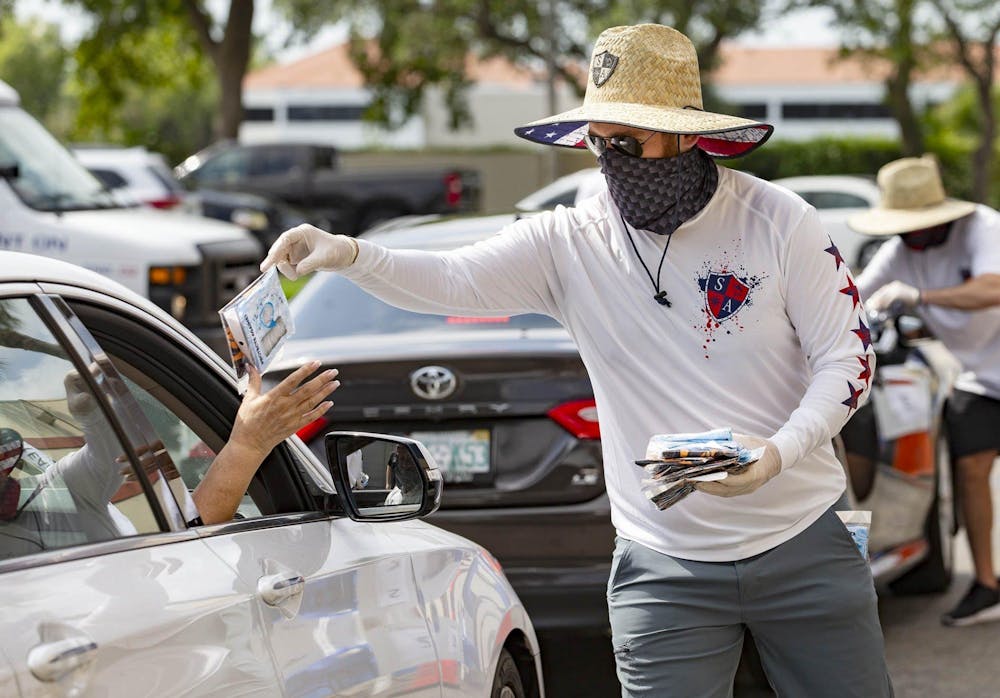Discrimination is seemingly impossible for black people to avoid, even during a time of global crisis.
In early April, two black men claimed they were kicked out of a Walmart in Wood River, Illinois, for refusing to take off their masks which protect them from being exposed to COVID-19. While nobody knows exactly what occurred before the video of the incident was taken, it is concerning considering black people were the ones reportedly asked to take off the mask, when the town this occurred in is only 1.65% black.
Americans tend to believe black people are inherently criminal. According to the Pew Research Center, 65% of black Americans reported others acting as though they were suspicious of them. Furthermore, black people are incarcerated at 5.1 times the rate of white people.
As a result of criminalization, wearing a simple face mask for protection against a deadly virus can lead black people to be discriminated against. This is concerning because masks are critical in maintaining personal and public health.
I recently saw a video of Dr. Oz putting on a red bandana while explaining their usefulness in protection against COVID-19 in an interview with Fox 5 D.C. I saw another video of a Detroit doctor wearing a blue bandana as a result of minimal available personal protective equipment.
I can’t help but wonder how the public would react to a person of color wearing bandanas and covering their faces, even if it is for safety reasons. Bandanas have associations that could be harmful for people of color, but specifically black people. They are often seen as symbols that are analogous with gang membership and violence.
The Bloods are a street gang based in Los Angeles and are associated with the color red. The Crips, the rival L.A. gang, is associated with the color blue. Gang members from both groups often wear either red or blue bandanas to distinguish themselves from the other.
If a black man were wearing a bandana, people would likely be suspicious and believe they are dangerous, even if they’re not associated with a gang.
IU junior Joe Wilson said he would not be comfortable wearing a bandana in public because he is black.
“It is a recipe for disaster,” he said. “I am either going to be harassed by the police or by white people.”
This can become complicated when homemade masks are necessary for protection because of a lack of surgical masks. Many are left with the choice of staying inside or going out in public with wrapped scarves or old bandanas and hoping they will not be the target of racial discrimination.
While this is an issue deeply rooted in discriminatory views and racist ideals, people must recognize that everyone is simply trying to protect themselves and their loved ones. A time of crisis like this is not a time to judge someone because of the color of their skin.
Jaclyn Ferguson (she/her) is a junior studying journalism and African American studies. She is the secretary of the National Association of Black Journalists at IU.





